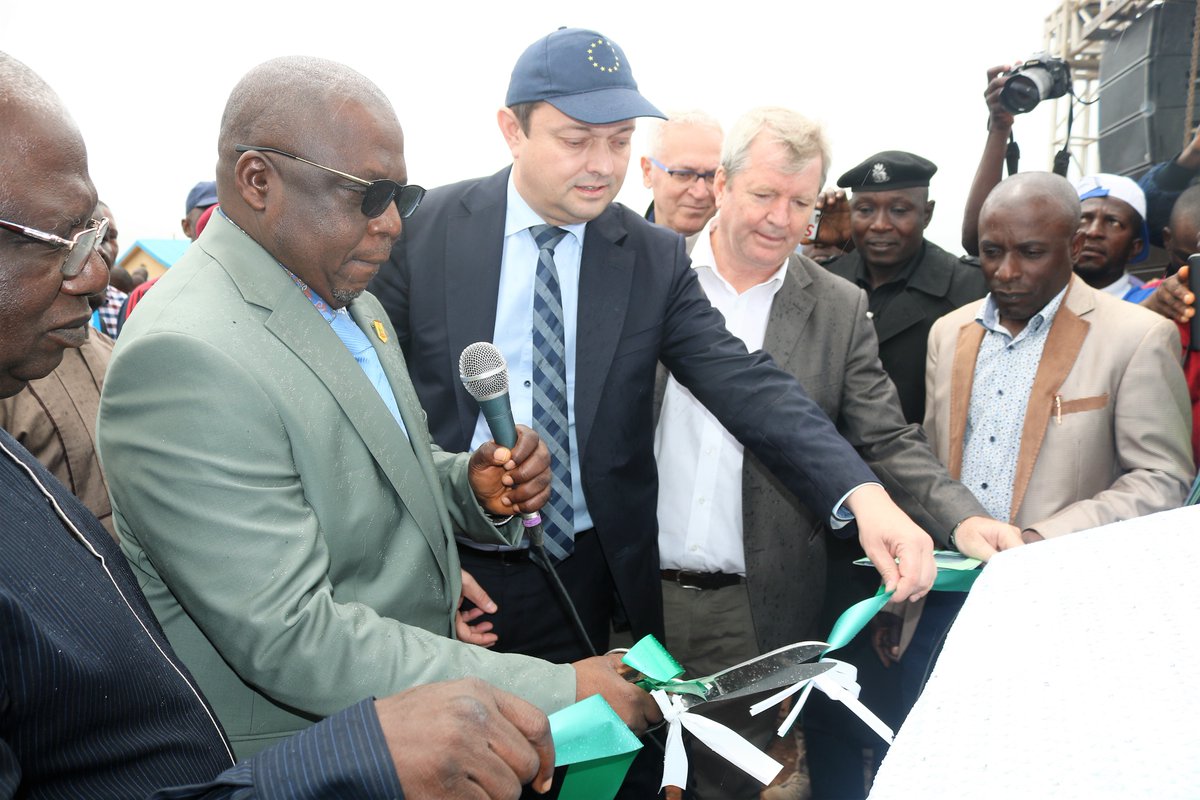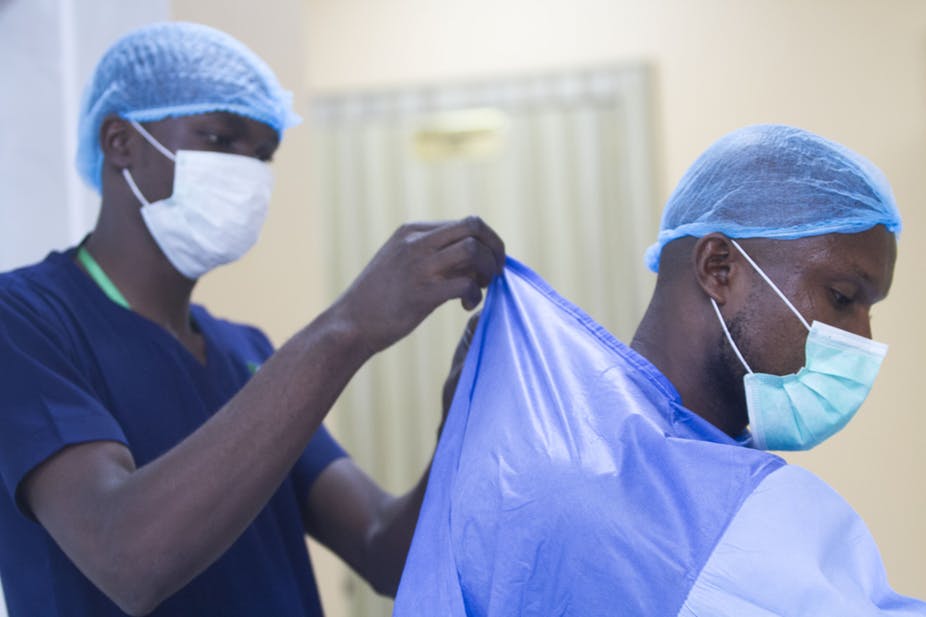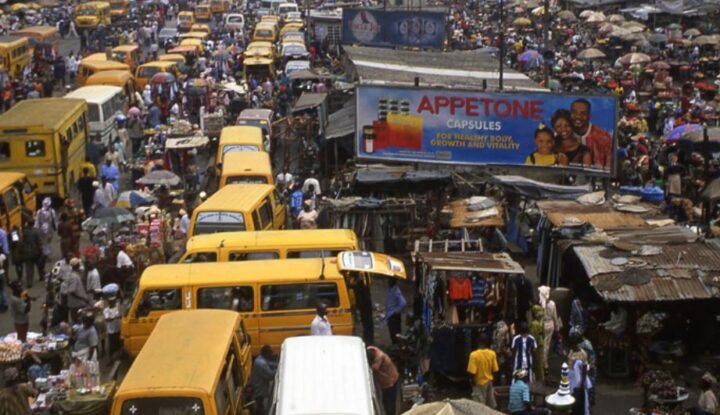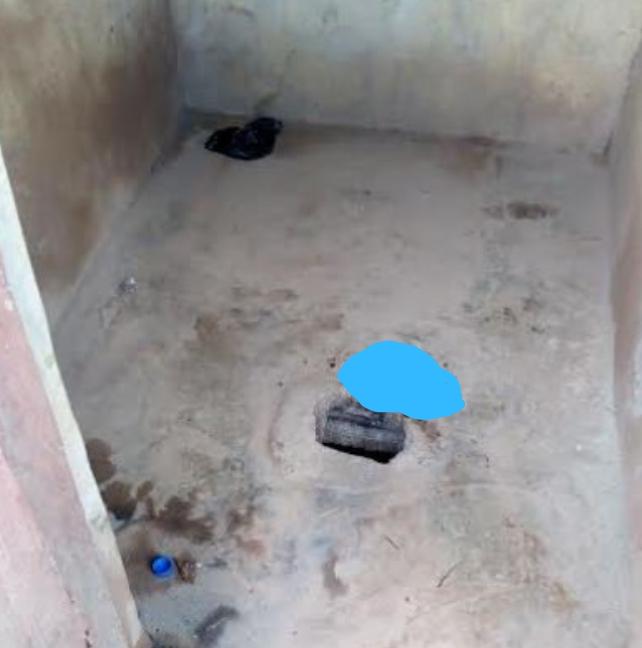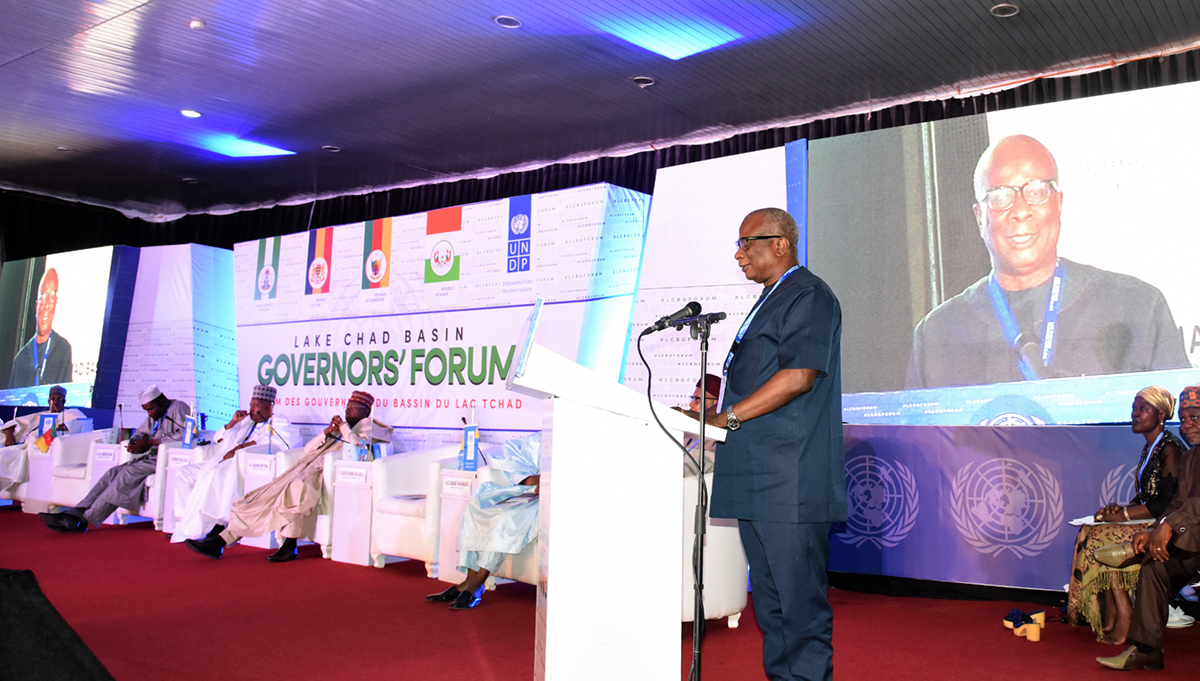The European Union in partnership with the United Nations Children’s Fund (UNICEF) has inaugurated a solar-driven motorised water facility in Riyom local government area of Plateau state.
The organisations said the project will benefit about 4,500 people in the community, provide improved access to safe water and sanitation facilities with gender-segregated latrines and a hand pump.
Quoting data from the WASH National Outcome Routine Mapping (WASH NORM), the organisations said up to 47 million Nigerians practice open defecation, with only 11 percent having access to complete basic water, sanitation and hygiene services.
Only 13 percent of schools were said to have access to basic water and sanitation services.
Advertisement
“The ripple effect of this is that more than 100,000 children under five years of age die each year due to water borne diseases like diarrhea, of which 90 percent is directly attributed to unsafe water and sanitation,” EU and UNICEF said in a statement.
Commenting on the adverse effect lack of access to safe water, sanitation and hygiene has on education, Peter Hawkins, UNICEF Nigeria representative, said: “Children who do not have safe access to WASH, are most likely to lose interest in pursuing learning opportunities because they are forced to spend more time in search for water during school hours or stay out of school to recover from illness caused by frequent episodes of diarrhea.”
Also commenting, Ketil Karlsruhe, head of EU delegation in Nigeria, said ending open defecation and making WASH services available to children in the rural area was one of the biggest challenges in the country and required sustained investments and more partnerships.
Advertisement
The EU ambassador said the WASH project should be prioritised as part of Nigeria’s development agenda.
“Clean water, basic toilets and good hygiene practices are critical for the survival and development of children,”the statement quoted the EU official as saying.
“Without these basic needs, the lives of millions of children are at risk. We must do better for children by prioritizing WASH on the development agenda.”
The statement said the EU, UNICEF and other development partners are supporting Nigeria as part of the campaign to protect the rights of children through the WASH project in “needy locations within the country”.
Advertisement
“The EU-funded programmes support WASH projects in urban and rural areas through the provision of water schemes, technical assistance and capacity development to sector institutions and agencies responsible, and improved access to safe water, adequate sanitation and hygiene services in communities,” the statement read.
“It has also invested more than €250 million in the Nigerian water sector, improving the WASH conditions of more than 10 million people in 14 states.
“Working towards achievieng the SDG (sustainable development goal) is a priority for the EU and Nigeria.”
Advertisement
Add a comment
